Alcohol Addiction is NOT a Disease
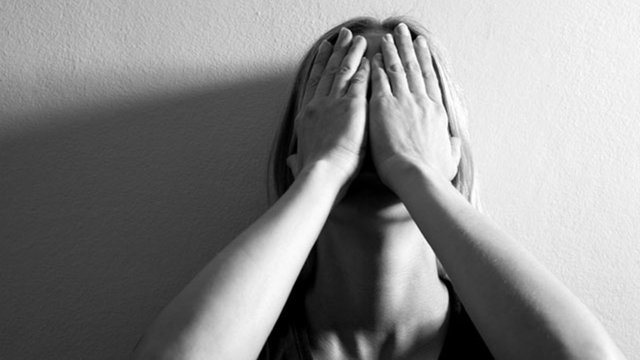
In my substance abuse class the professor showed a video from the 80's about the negative effects of alcoholism and cocaine. The video adopted the disease model of addiction, and painted a picture that addiction is genetic and people have little control over their booze use.
At some point, the video said that alcohol can kill brain cells; and once those cells are destroyed, they can never regenerate. The video asserted that brain damage related to drinking is permanent.
1980's Substance Abuse Video is Propaganda
I was dismayed and disgusted that we were made to watch a 1980's video on alcohol abuse, which of course could not consider modern evidence and neuroscience, but which was also clearly anti-drug and anti-drinking propaganda.
I feel that the professor showed the video in order to promote his own view that "alcohol use disorders" are diseases of the brain and body. I see this disease model of addiction as incomplete at best and misleading and fraudulent at worst.

Neurogenesis, Exercise, and Neuroplasticity
Modern evidence has already shown that neurons can grow spontaneously in certain regions of the brain, to the extent of which we do not completely know yet. This is called neurogenesis.
The implications of neurogenesis means that it is likely that people can heal their brain after drinking copious amounts of alcohol for many years. It is true that heavy drinkers have a reduced overall volume of brain tissue (relating to brain size)...but current research suggests that aerobic exercise can reverse a good amount of this "damage," which means the video we saw in class is irrelevant and misleading.
The video, of course, could not discuss neuroplasticity at all. Researchers in the 80's had not yet realized the extent that people can re-wire their brains.
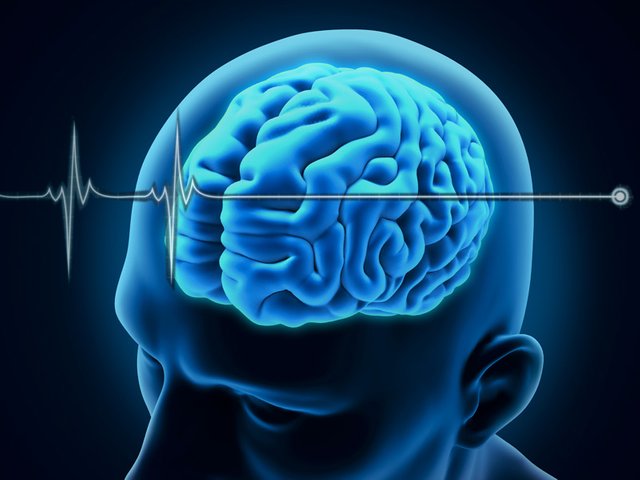
Epigenetics and Conscious Alteration of the Brain
Since the brain can make new connections and heal itself to varying degrees, a person must consciously alter their behavior and surroundings in order to allow the brain to remap itself. Even if a person has a genetic predisposition for alcoholism or abuse, they can essentially "switch" these genes on and off by making choices and engaging in certain behaviors not related to alcoholism.
This is the power of mental force over biology and genetics, which is also referred to as epigenetics or behavioral epigenetics. However, there are limitations to this. Obviously, no one can think themselves into being more attractive or having Einstein's brain.
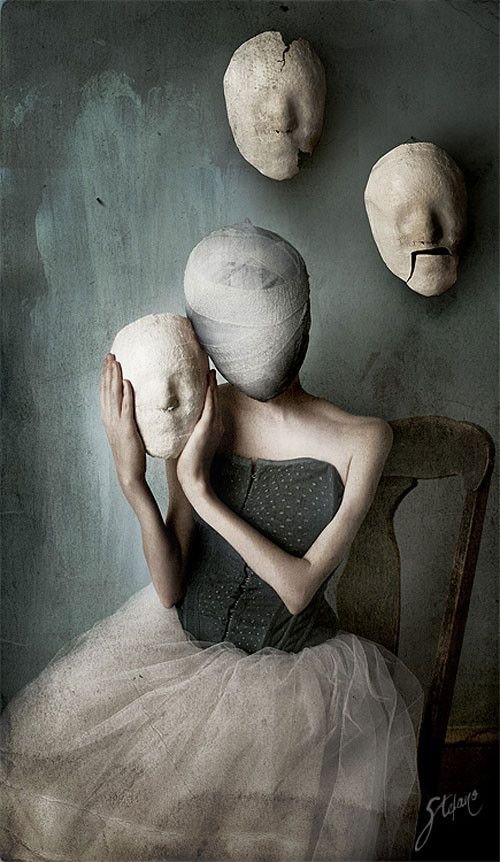
Self-Fulfilling Prophecies and Victimization in the Disease Model
The other problem with the disease model is that it tends to make victims out of people instead of zeroing in on their ability to embrace conscious will and decision making. It also creates a negative self-fulfilling prophecy where the alleged alcoholic believes himself to be so diseased that there is not escape from drinking, and thus he lives up to the expectation of his label by continuing to drown himself in booze.
But let it be known that I am not denying the difficulty in abstaining, especially if a person has developed a physical dependence. It takes effort and work if a person has habituated himself to constantly imbibing. But it is certainly not a disease, because the person can just change his mind, change his brain.

The Ever-Changing Brain
Addiction certainly changes the brain, but there is no known permanent lesion. Modern neuroscience tends to validate this perspective. The brain also changes when people learn good habits; as well as skills, but we would not refer to these alterations as diseases. The brain is a plastic, social organ, which functions like clay. It molds to the decisions, emotions, and fantasies of the individual person.
In culture we have simply learned to call these issues "diseases" or "disorders" because we do not like them, not because there is an ongoing disease process. People have to stop calling addicted people "diseased," because this thinking stigmatizes folks and makes their life even more challenging and difficult
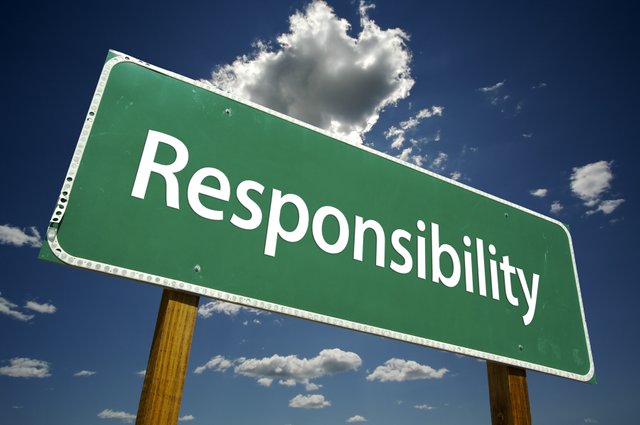
Final Thoughts: On Responsibility
In conclusion, the video was still accurate as far as the damage alcohol can do to the liver and heart and other parts of the body (some of which truly is irreversible, like cirrhosis of the liver), and so I am by no means advocating for excessive alcohol use.
Drinking can cause severe damage and have disastrous social consequences; however, it is not fair to take away a person's perception of choice in the matter by calling their habit a disease, and assuming that alcohol abuse will utterly destroy them. People have to take responsibility for their actions, as they ultimately control the architecture of their brains, but they may need help in the process, which is why substance abuse therapists exist.
I look forward to aiding and empowering people with these types of problems, as well as empathizing with their plight to recover.
My name is Sterlin. Follow me @ Psychologic-Anarchist. I also run the Psychologic-Anarchist Facebook page and produce many YouTube videos. My interests lie in the intersection of counseling psychology and anarchism. I write about the depredations of psychiatry, and also the new philosophy of compassionate anarchism. We have a large community devoted to discussing psychology and relational voluntaryism.
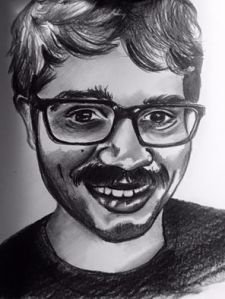
Interesting post. Have you read any of Dr Gabor Mate's research or books? He believes that most addictions are a response to childhood trauma and suffering and he favours a harm reduction perspective in treating clients.
I hate how stuff like this teaches people that they have no control, they are just victims and there is nothing they can do about it. We all have control over the actions that we take, sometimes it's incredibly difficult, but that doesn't mean you need to just give up. Thanks for the post, I really enjoyed it!
With addiction, though, some people do NOT have control. That is the definition of addiction. But with the proper support system, education, determination, and appropriate tools, it often can be done. Depending on the addiction, depending on the individual, depending on the circumstances....
If you think the disease model takes away people's perception of choice over addiction, you should examine the standard AA 12-step program. AA's "Big Book" is terrible in this regard, literally telling the addict to recite that they are powerless over their addiction.
Indeed. Especially in regards to the neuroplasticity. You can even create temporary neuroplasticity to help you change the way you think and react to the world around you. Our nervous system becomes incredibly plastic in the presence of high amounts of oxytocin, which obviously plays a big part in addiction. However, it can be used, in a very natural setting, to play a part in un-addiction as well.
Our society is plagued by swarms of experts who refuse to grapple with the underlying bio-mechanics of the neurology of the "disorders" that they supposedly study.
The big bucks teach what they wsnt is to believe!
Good factual post, I have worked in substance misuse and mental health for over 15 years. The disease model for addiction is no longer evidence based and I understand over in the US, DSM 5 has recently revised its terminology to reflect new thinking. In terms of alcohol issues there are numerous studies here in the UK that have shown some improvement can be made in relation to ARBI, here is one study
http://www2.nphs.wales.nhs.uk:8080/SubstanceMisuseDocs.nsf/85c50756737f79ac80256f2700534ea3/8455b3ff0835b96980257dfd0035cde3/$FILE/Evidence-based%20profile%20of%20alcohol%20related%20brain%20damage%20in%20Wales.pdf
Very interesting! Love your approach and conclusion. People and their misconception these days. Thanks for sharing!
The human body has the power of shelfheel under certain sircumstansies(difficult word.I wrote it incorrect).
I don't know what other people think but if alcoholism is a disease or not is not, I think, relevant, what is relevant is the damage it does to your body. I was a drinker for 27 years, fortunately mostly beer, but also took some of the harder stuff. I stopped because the hangovers were killing me and frankly I had severe liver pain after a spree. I stopped drinking 10 years ago and some 5 years ago I had a brain MRI (I'm not sure if that's the correct abbreviation), anyway I had a lot of small lesions and supposedly they were caused by alcohol. I really don't know if that's true but it is possible. And the social consequences are terrible, I don't even want to think about the things I did while drunk. Now I am not trying to make anyone quit, drinking is nice if you do it moderately but for me it was really drink until I couldn't remember how I got home.